Breakfast kickstarts your metabolism and fuels your body for the day ahead. Many of us, however, make small mistakes during our morning meal that can impact our energy levels and nutrition.
Dietitians have identified common breakfast blunders that might be sabotaging your health goals, along with simple swaps to transform your morning routine into a nutritional powerhouse.
1. Skipping Breakfast Altogether

Your body just went 8+ hours without fuel! Missing breakfast can trigger mid-morning energy crashes and lead to overeating later.
Studies show breakfast eaters generally maintain healthier weights and have better concentration throughout the day. Even something small is better than nothing!
2. Loading Up On Sugary Cereals
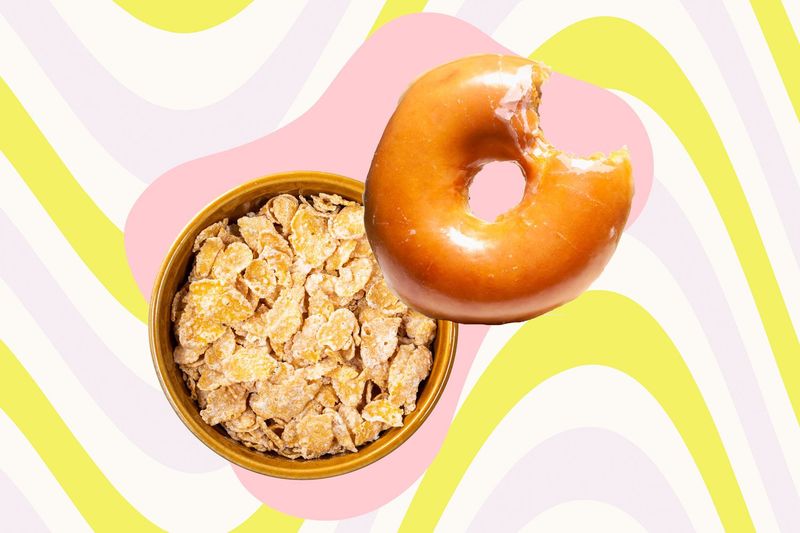
That colorful box promising nutrition? It might pack more sugar than a dessert! Some popular cereals contain 12+ grams of sugar per serving—and who actually sticks to those tiny serving sizes?
The sugar rush leads to an inevitable crash, leaving you hungry and cranky by 10 AM.
3. Drinking Juice Instead Of Eating Whole Fruit

That glass of OJ lacks the fiber that whole oranges provide. Without fiber, fruit juice sends your blood sugar on a rollercoaster ride. Plus, you’ll miss out on the satisfying chewing experience that helps signal fullness to your brain.
One cup of orange juice equals about three whole oranges’ worth of sugar!
4. Reaching For Fat-Free Products

Fat-free yogurt? Not the miracle food you think! When manufacturers remove fat, they often replace it with sugar or artificial ingredients to maintain flavor. Healthy fats actually help you absorb vitamins and stay full longer.
That fat-free label might be sabotaging your weight goals and nutritional intake without you realizing it.
5. Overdoing Coffee On An Empty Stomach

Morning coffee addicts, listen up! Caffeine on an empty stomach stimulates acid production, potentially causing digestive distress and jitters.
That innocent-looking cup can also spike cortisol levels, already naturally high in the morning. Your beloved brew isn’t the villain—timing matters. Give your tummy something to work with first!
6. Eating Breakfast On The Go

Scarfing down breakfast while driving? Your digestion suffers when you’re in fight-or-flight mode. Rushed eating typically means minimal chewing and poor food choices.
Multitasking during meals also disconnects you from hunger signals, making overeating more likely. Your body deserves those few mindful minutes at the table!
7. Waiting Too Long After Waking To Eat

Morning workout warriors who delay breakfast until midday miss a crucial recovery window! Your metabolism actually slows down when you extend your overnight fast too long.
Waiting hours to eat can trigger energy conservation mode in your body. Even if you’re not hungry immediately upon waking, try eating within an hour for optimal metabolic benefits.
8. Relying On Pre-Packaged Breakfast Bars
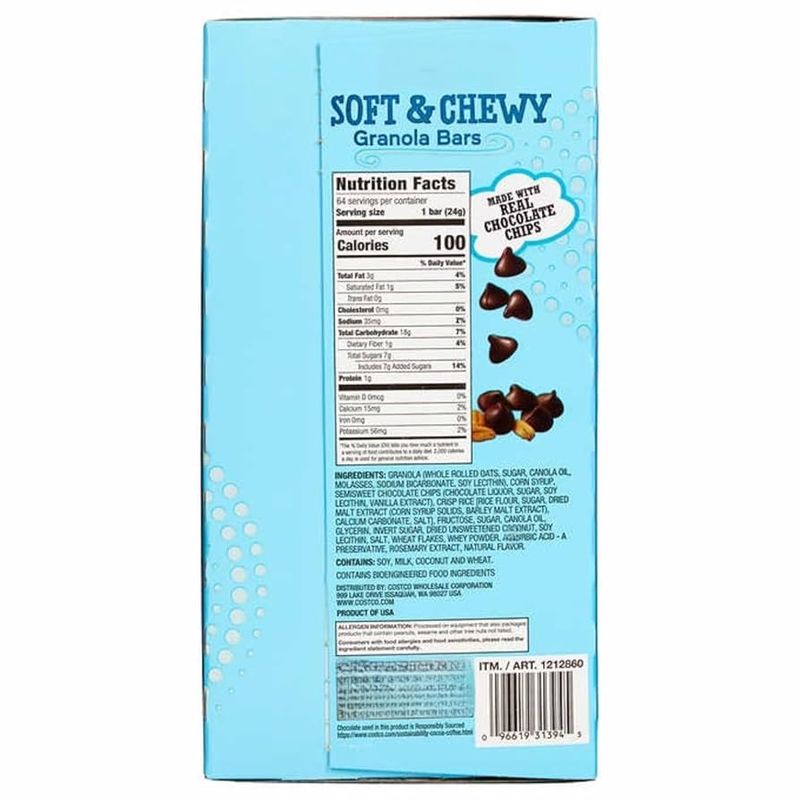
That convenient granola bar might be a glorified candy bar in disguise! Many contain surprising amounts of sugar, preservatives, and processed ingredients despite healthy-looking packaging.
Size matters too—most bars provide just a fraction of the calories needed for a proper breakfast. Check those ingredients lists carefully before making them your morning go-to!
9. Adding Protein To Your Breakfast
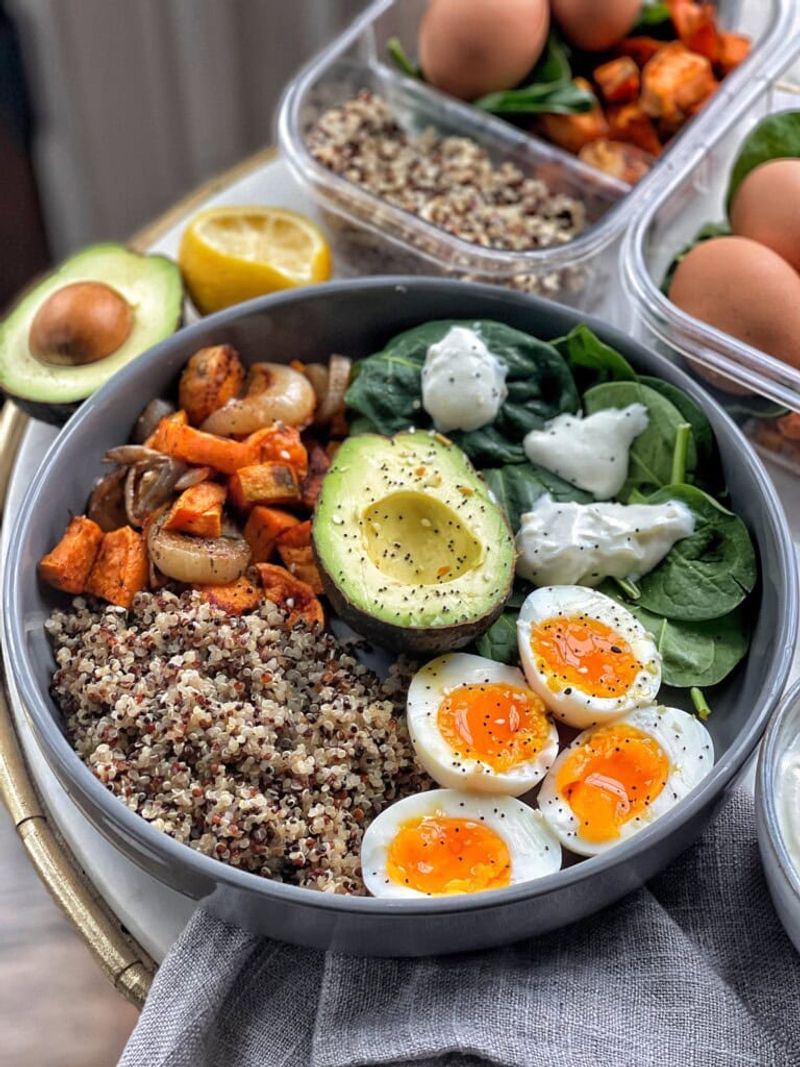
Eggs, Greek yogurt, or nut butter can transform your morning meal! Protein helps rebuild muscles and keeps hunger at bay for hours, unlike carb-only breakfasts that leave you ravenous by mid-morning.
Research shows high-protein breakfasts reduce snacking and help maintain steady blood sugar throughout the day. Aim for 15-25 grams to feel the difference!
10. Prepping Components Ahead Of time
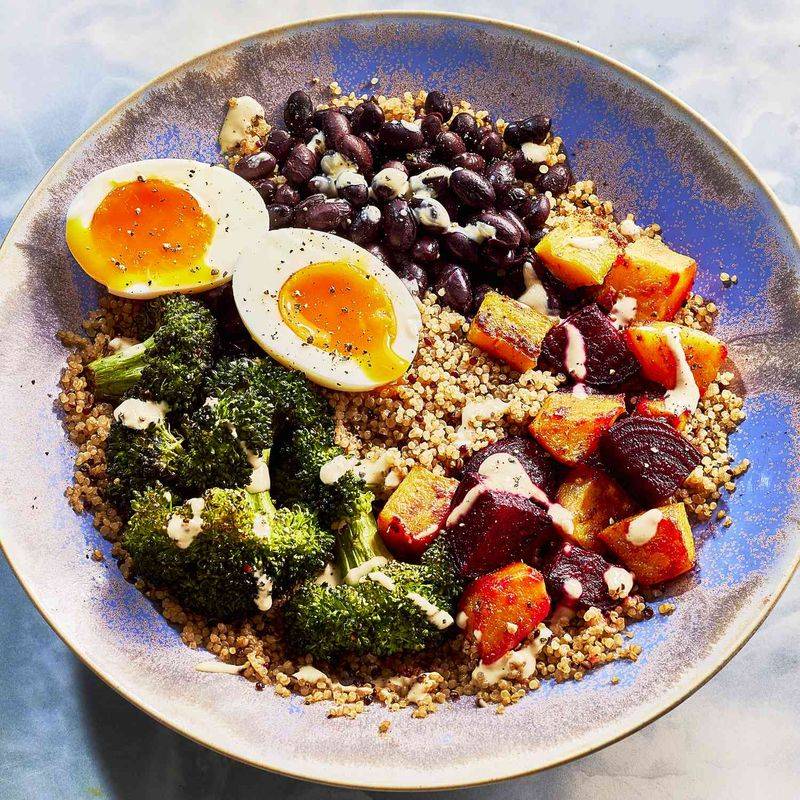
Sunday prep sessions can revolutionize your breakfast game! Hard-boiled eggs, overnight oats, and chopped fruit stay fresh for days when properly stored. Having breakfast components ready means you’re less likely to grab that donut.
Even five minutes of evening prep can save your morning—and your health goals. Work smarter, not harder!
11. Including Vegetables With Breakfast

Morning veggies might sound strange, but they’re breakfast game-changers! Spinach in smoothies, bell peppers in omelets, or leftover roasted veggies add nutrients without overwhelming flavor.
Starting your vegetable intake early makes hitting daily recommendations easier. Bonus: the fiber helps regulate blood sugar and keeps your digestive system humming along nicely all day.
12. Drinking Water Before Coffee

Hydrate before you caffeinate! After hours without fluids, your body needs water first. A glass of water jumpstarts your metabolism and helps your body absorb nutrients better. Morning dehydration often masquerades as hunger or fatigue.
Try this simple habit: place a water glass by your bed each night as a visual reminder to drink up before brewing that coffee.
13. Incorporating Healthy Fats

Avocado toast isn’t just trendy—it’s nutritionally brilliant! Healthy fats from avocados, nuts, seeds, or olive oil slow digestion, keeping you satisfied longer. These fats help absorb fat-soluble vitamins and provide sustained energy.
The brain-boosting omega-3s in walnuts or flaxseeds can even improve cognitive function. Fat isn’t the enemy—it’s your morning ally!
14. Rotating Your Breakfast Choices

Breakfast ruts happen to everyone! Eating the same foods daily limits your nutrient intake and can trigger food sensitivities over time. Create a breakfast rotation with 3-4 different meals to ensure varied nutrition.
Monday smoothies, Tuesday oatmeal, Wednesday eggs—your body thrives on diversity! Plus, variety keeps healthy eating interesting rather than boring.
15. Eating Mindfully Without Screens

Scrolling while munching? Your brain can’t fully register what you’re eating when distracted by screens. Studies show screen-free eating leads to better portion control and satisfaction.
Morning mindfulness doesn’t require meditation—just put down your phone and notice your food’s flavors and textures. These precious minutes set a calm tone for your entire day.
16. Reading Labels For Hidden Sugars
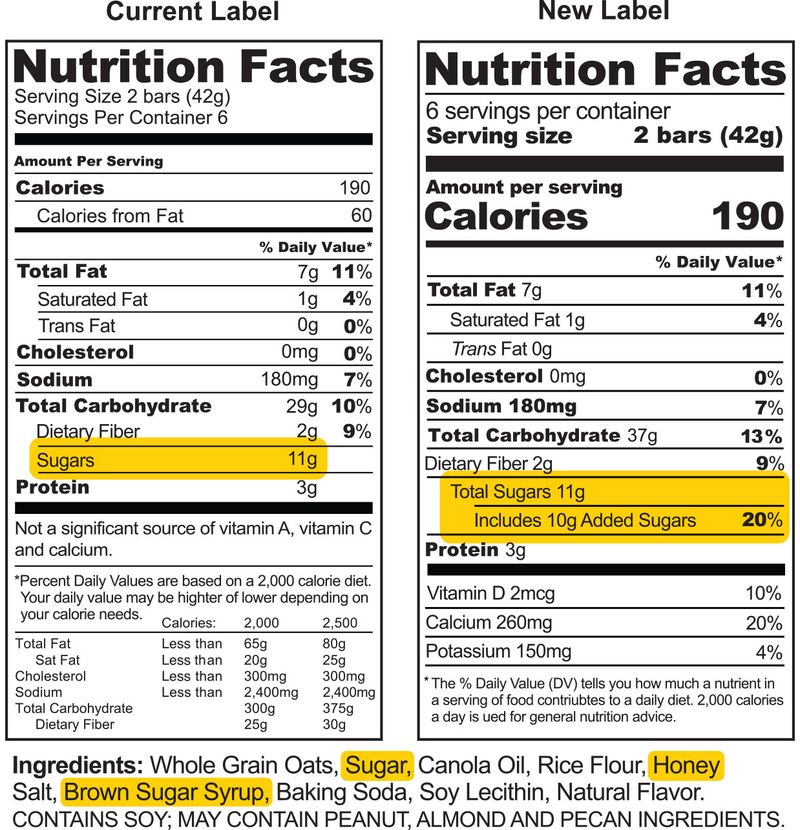
Sugar hides under dozens of sneaky names! Ingredients ending in “-ose” (like dextrose) or syrups of any kind are sugar in disguise. Even “healthy” breakfast foods like granola and yogurt can pack surprising amounts of added sweeteners.
Aim for products with sugar listed fourth or later on the ingredient list, or better yet, add your own sweetness with fruit!

